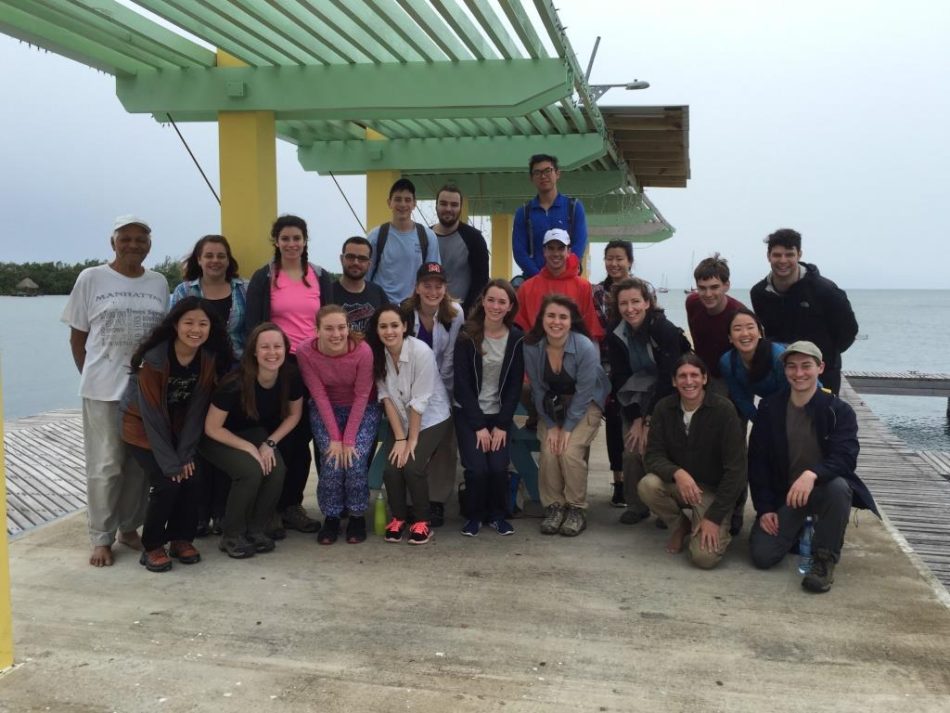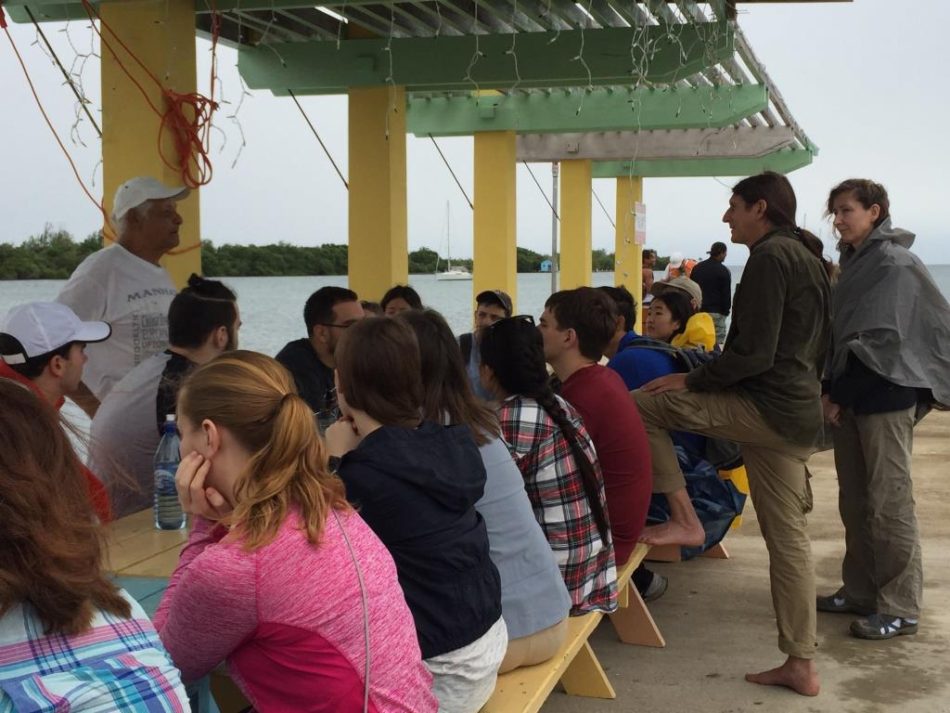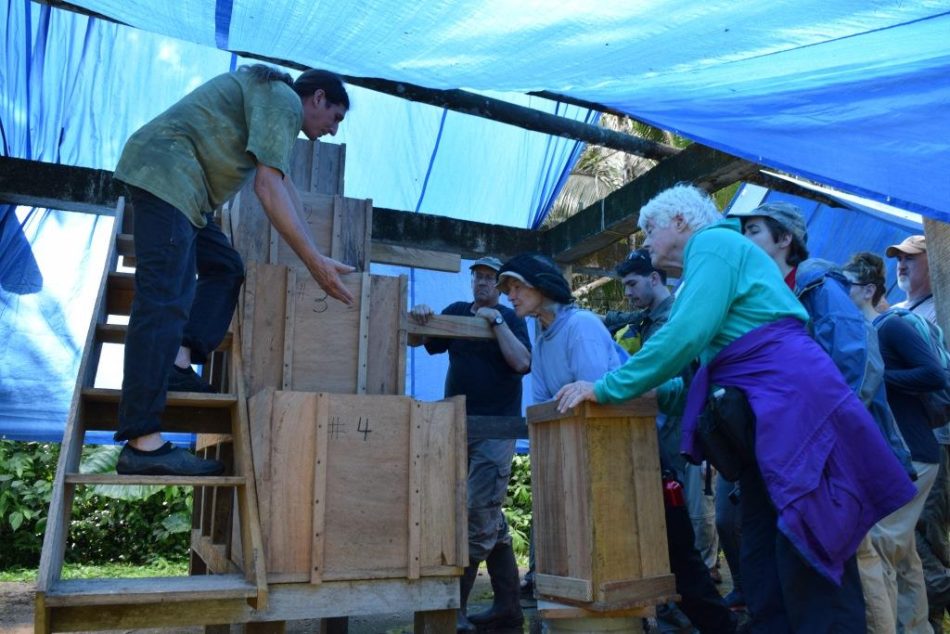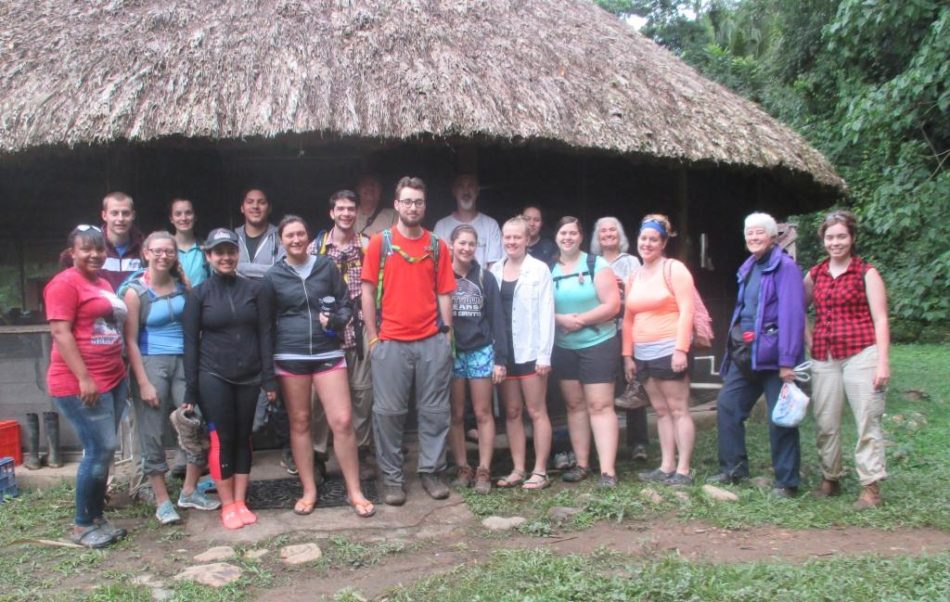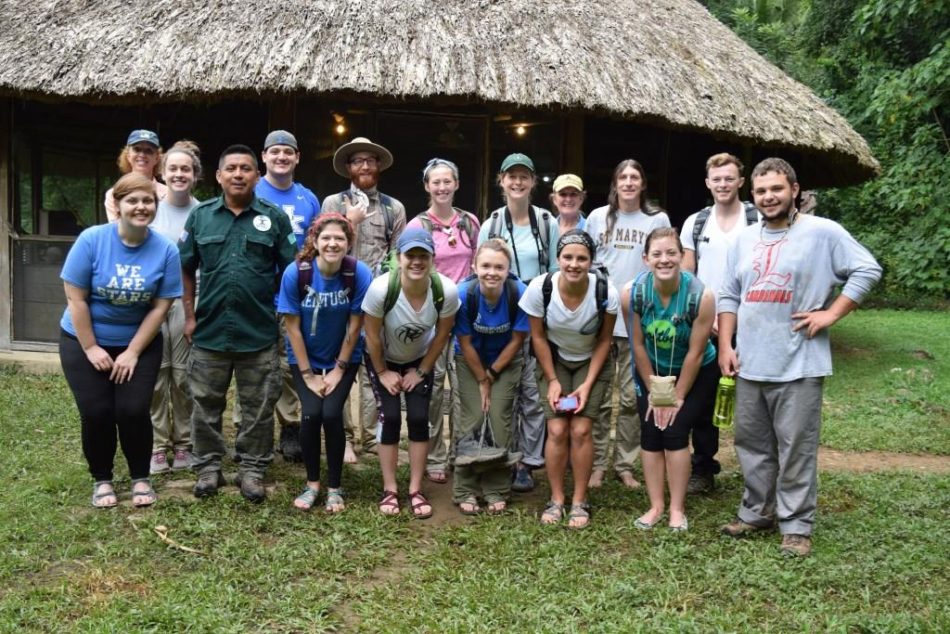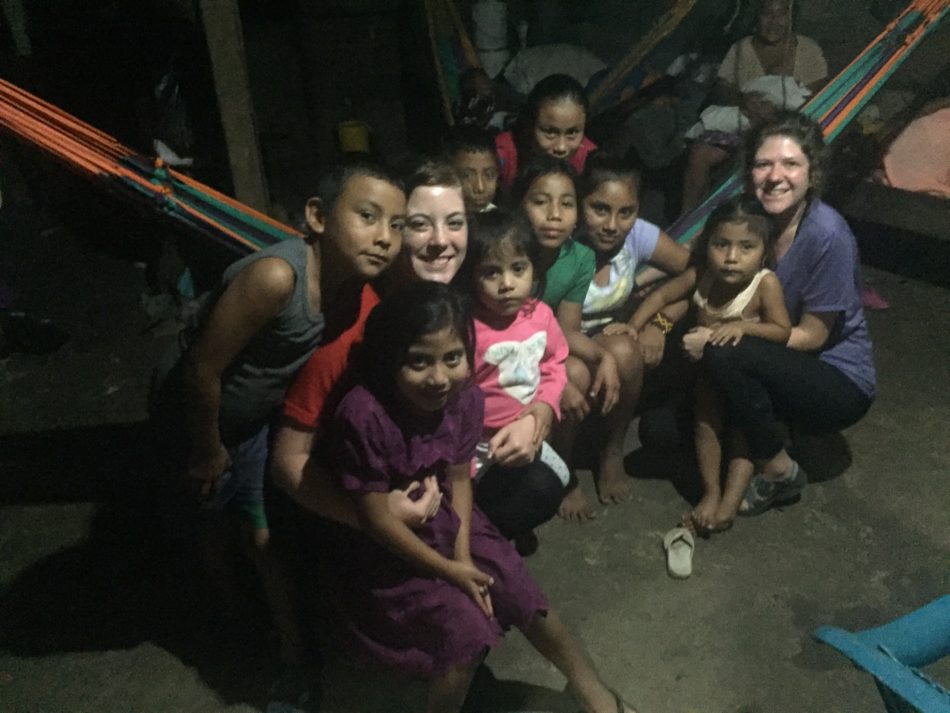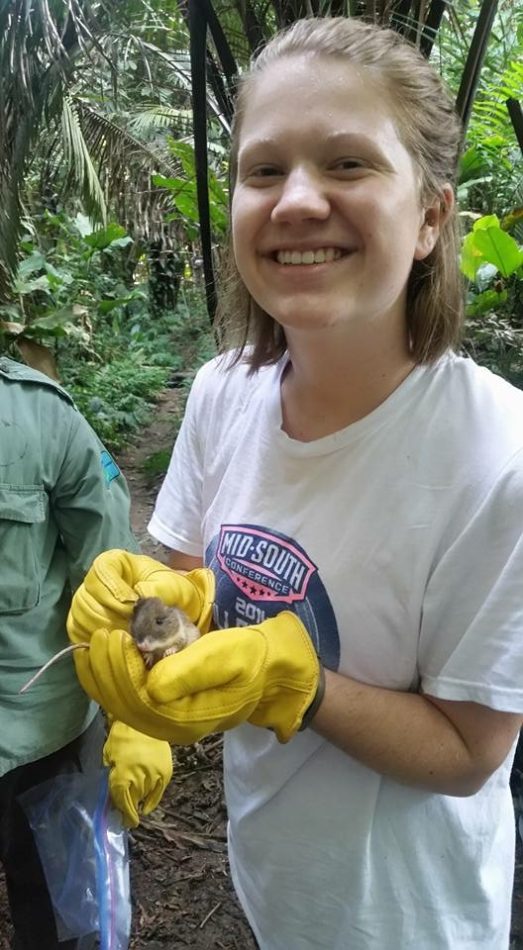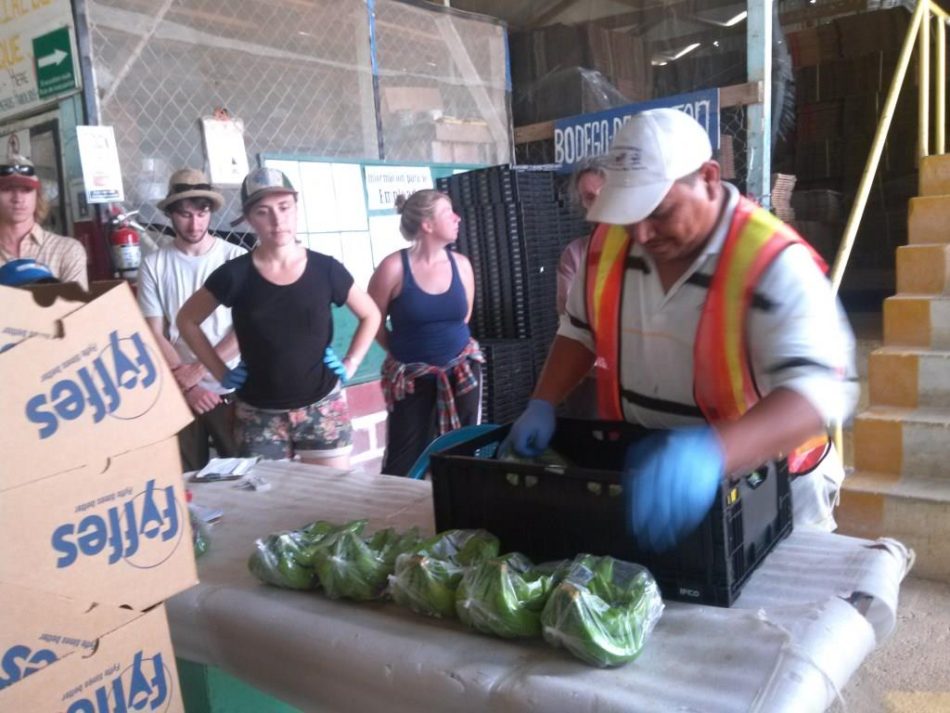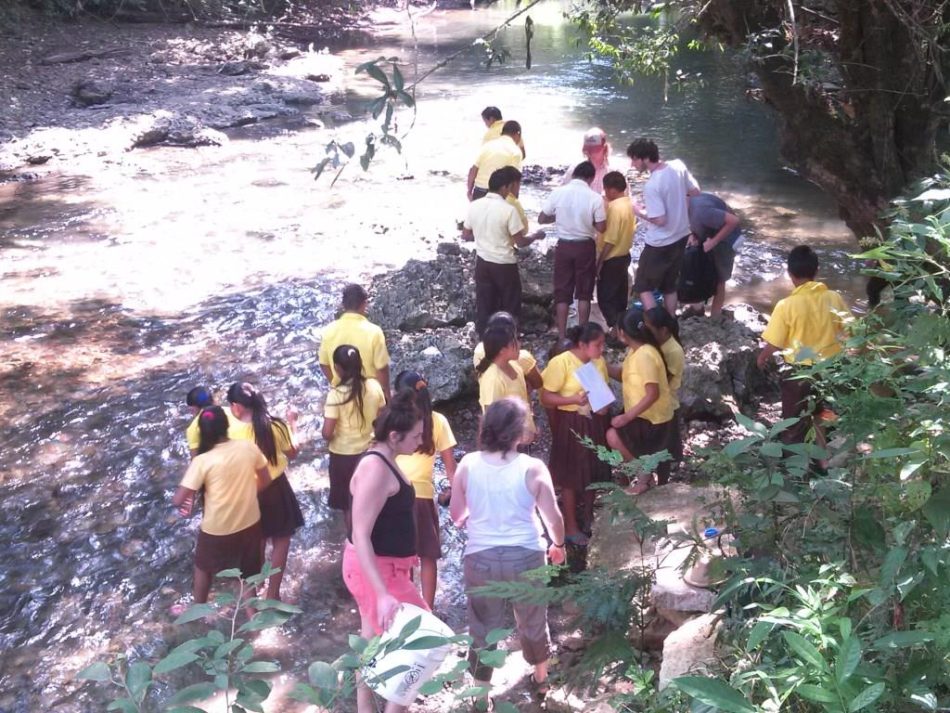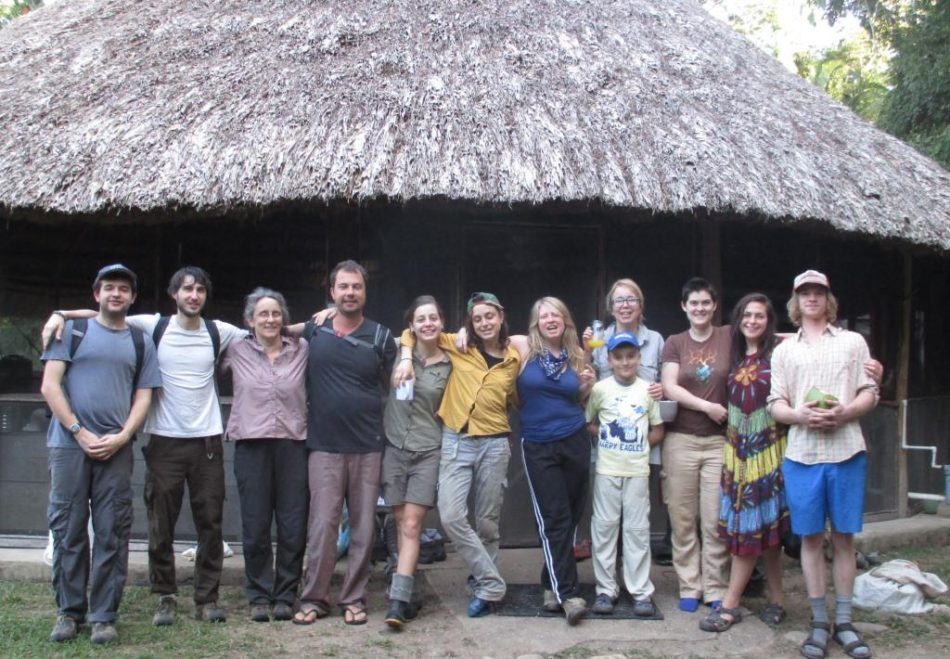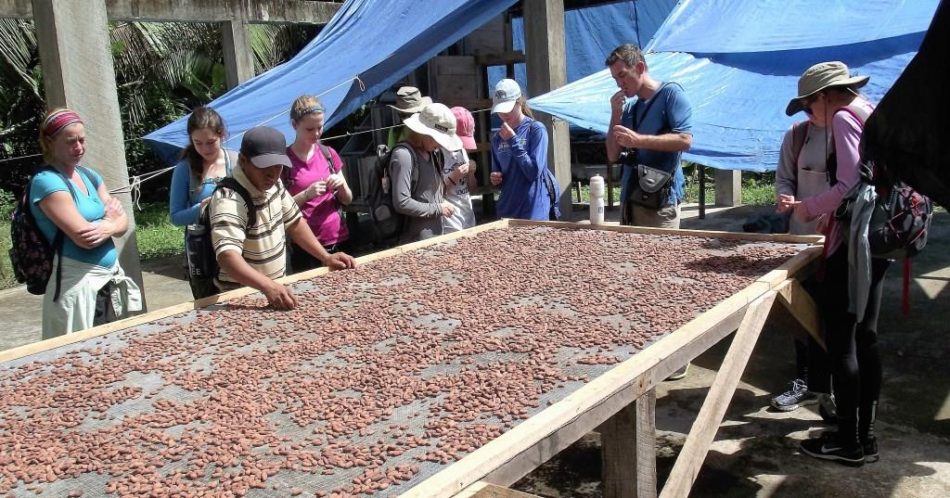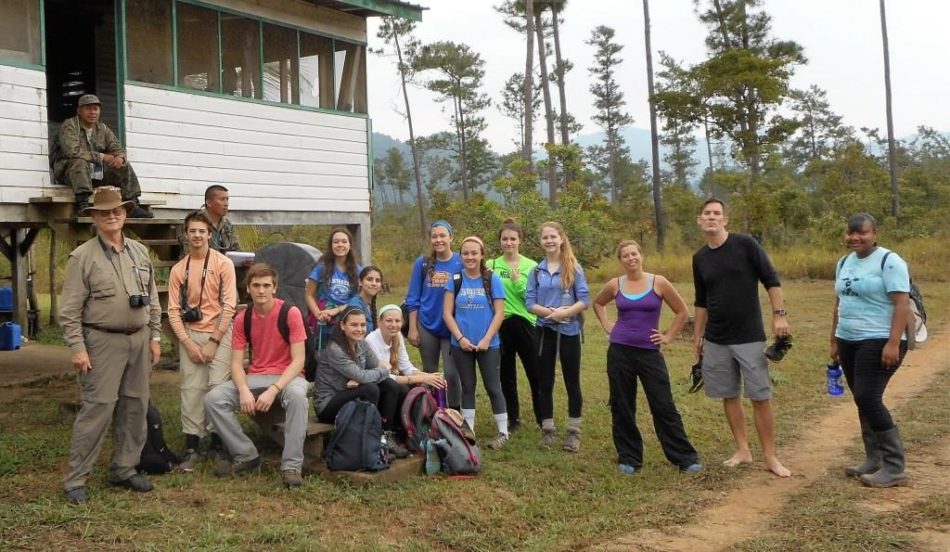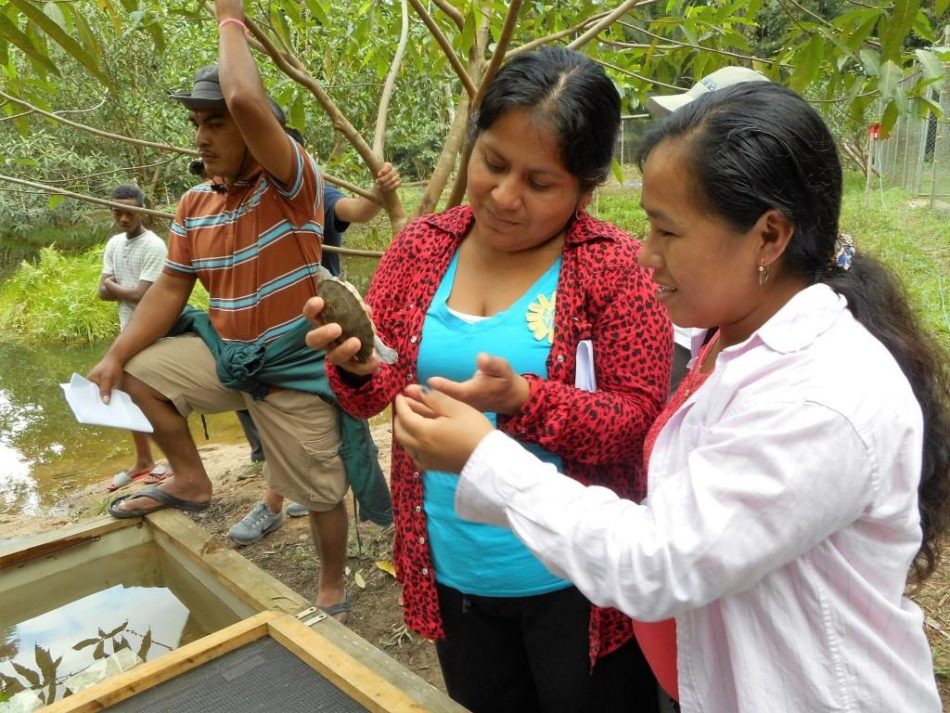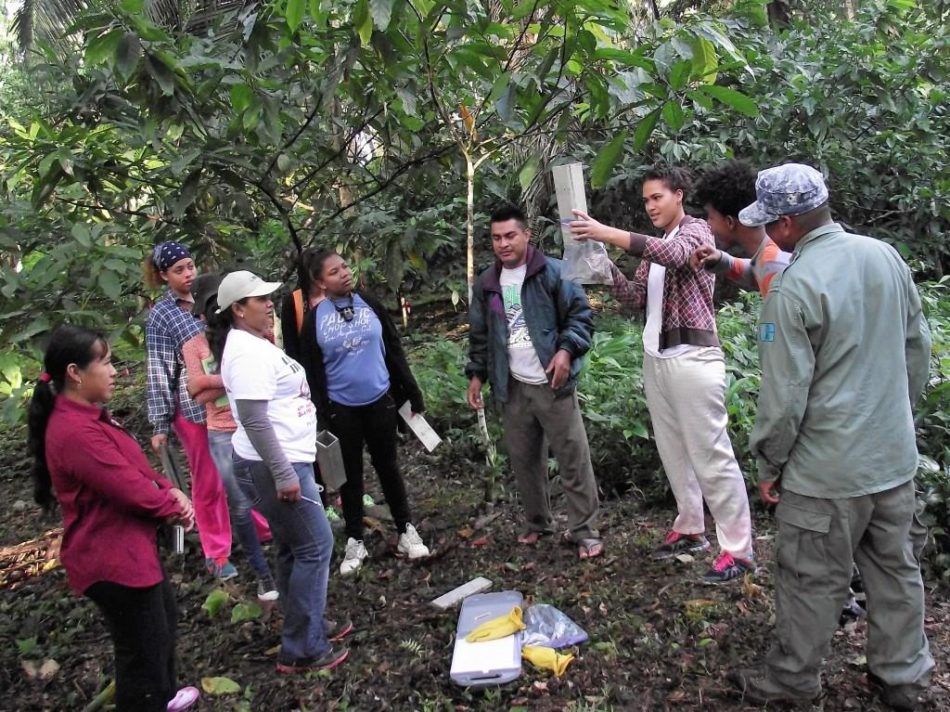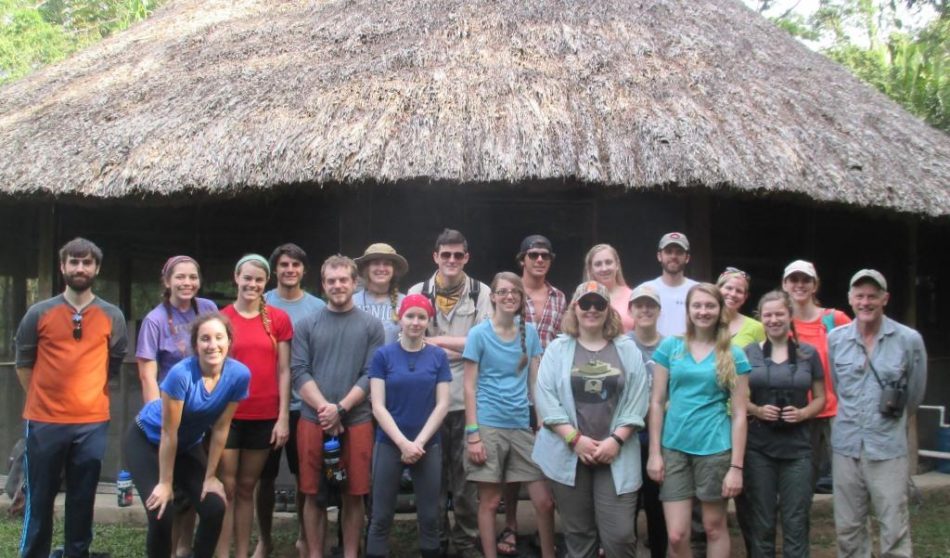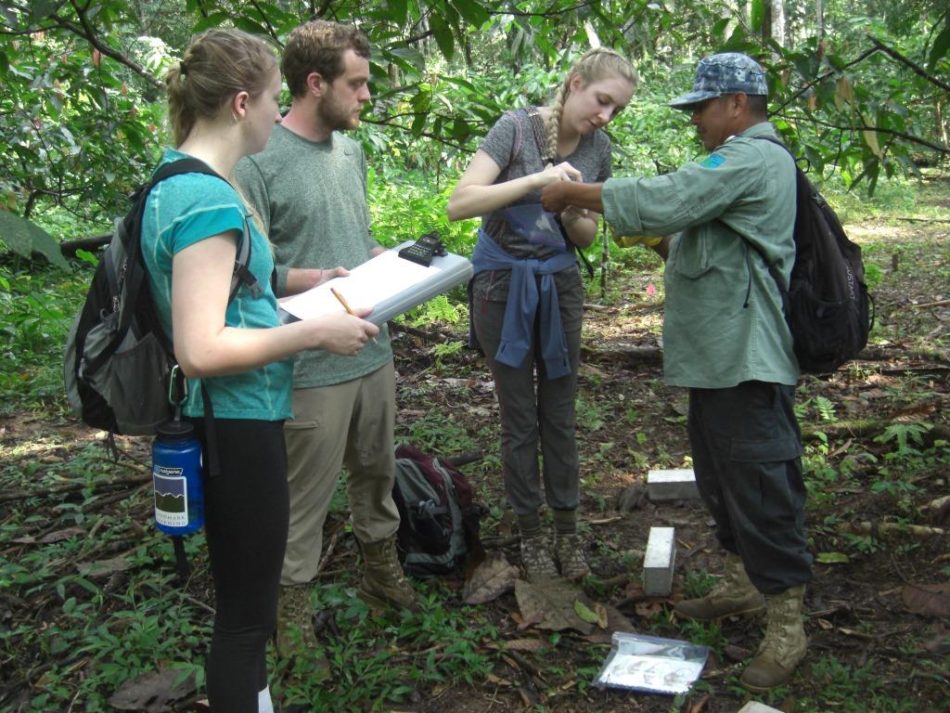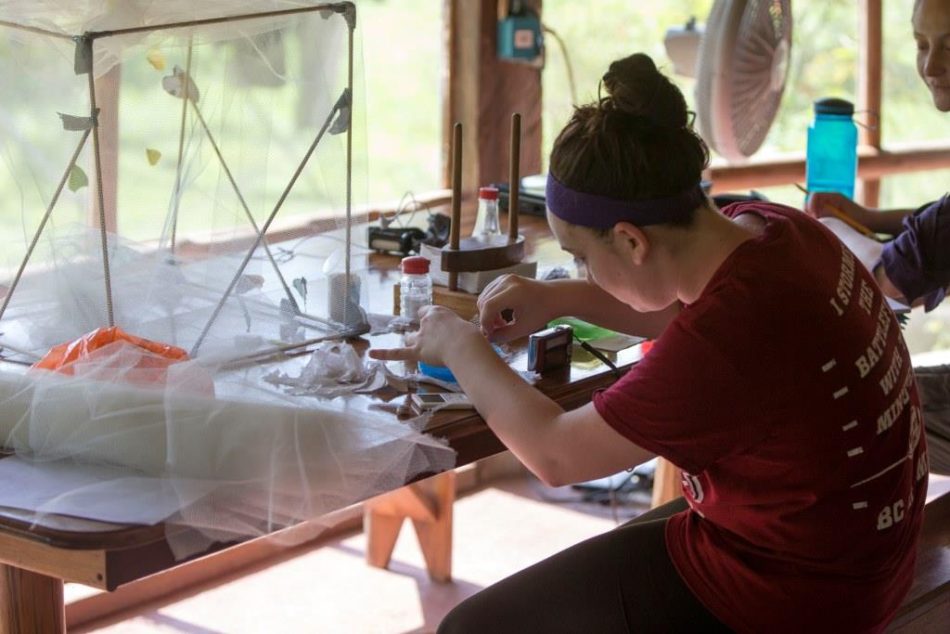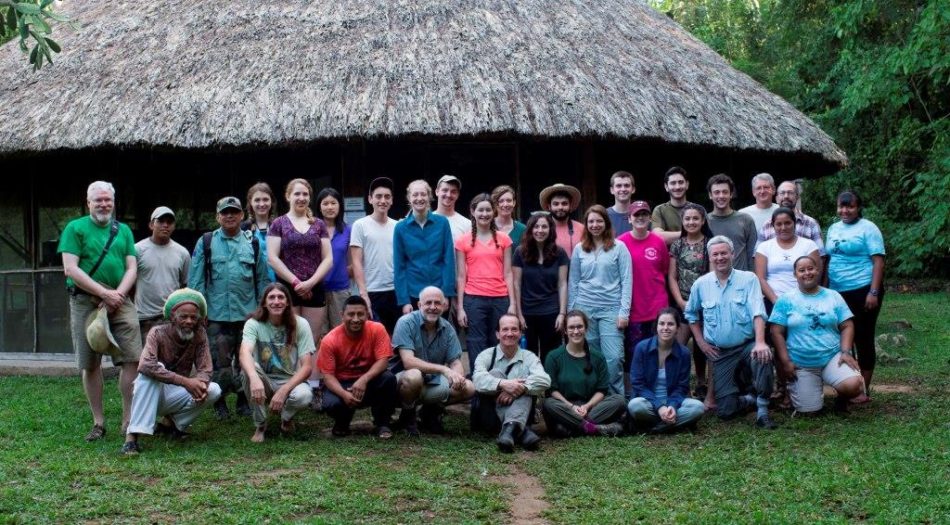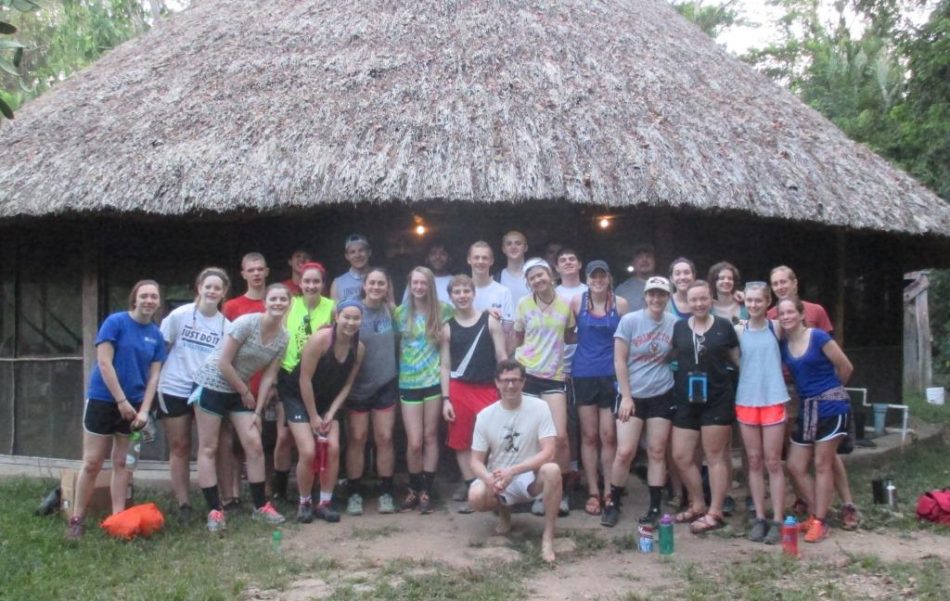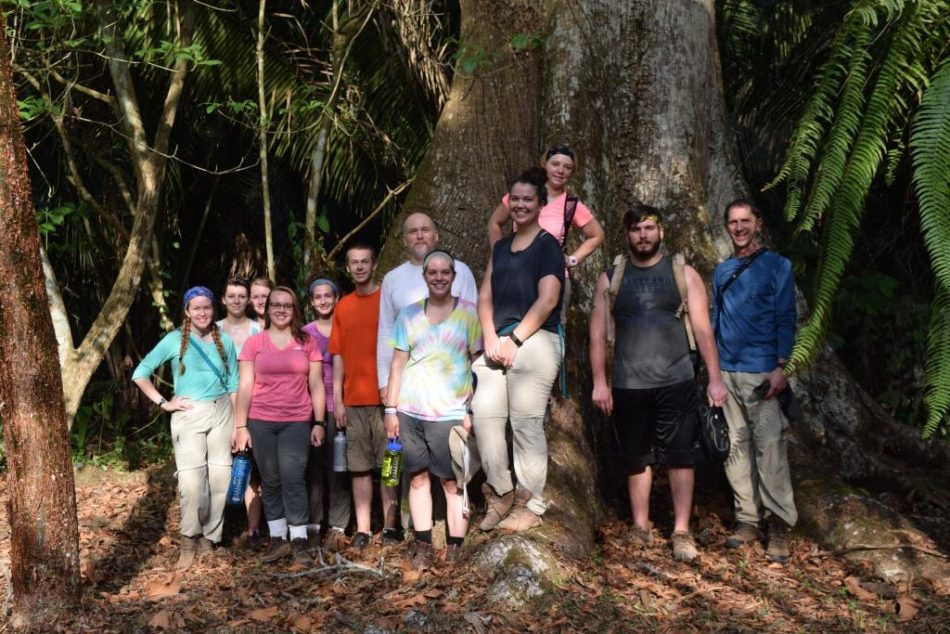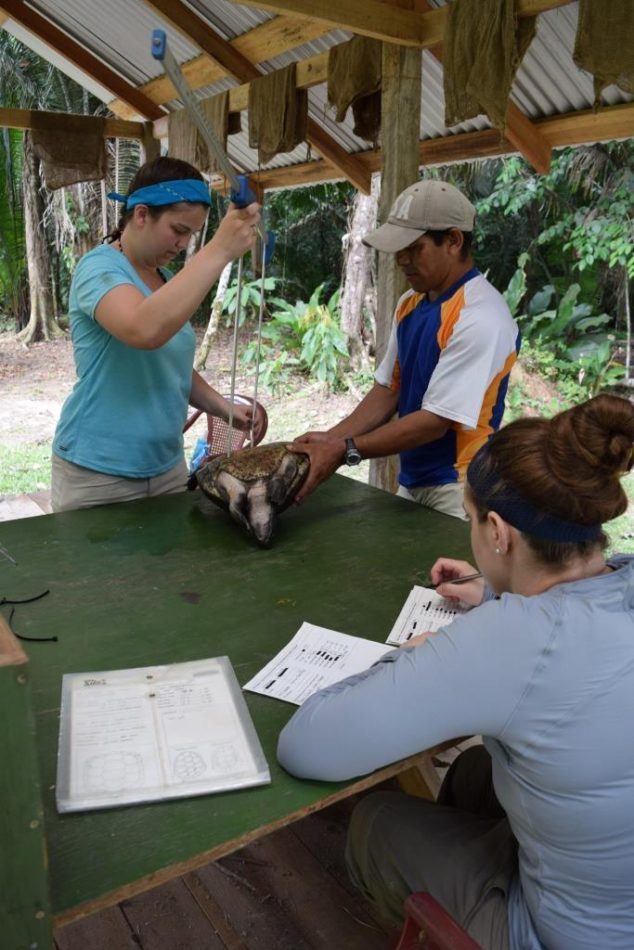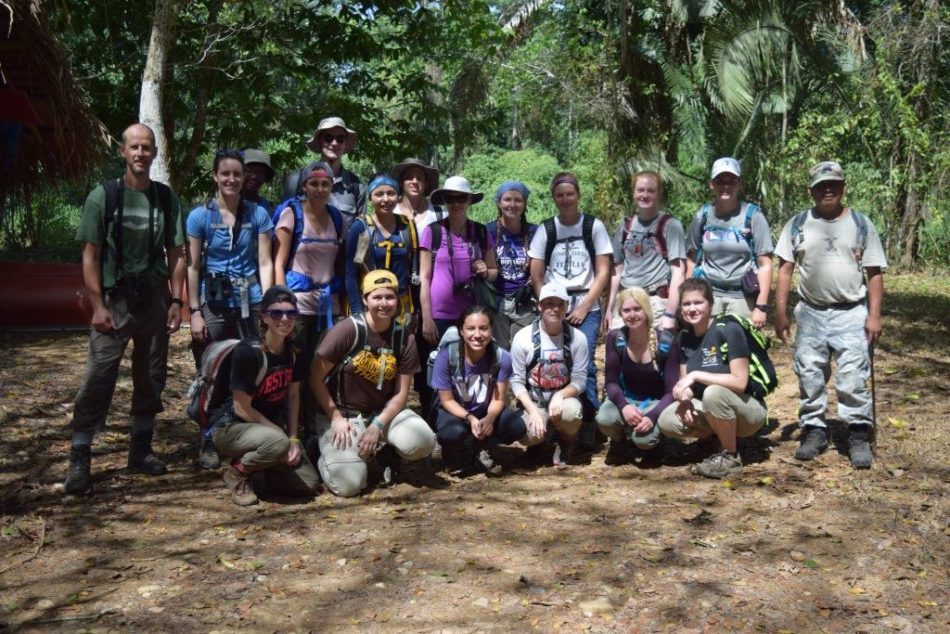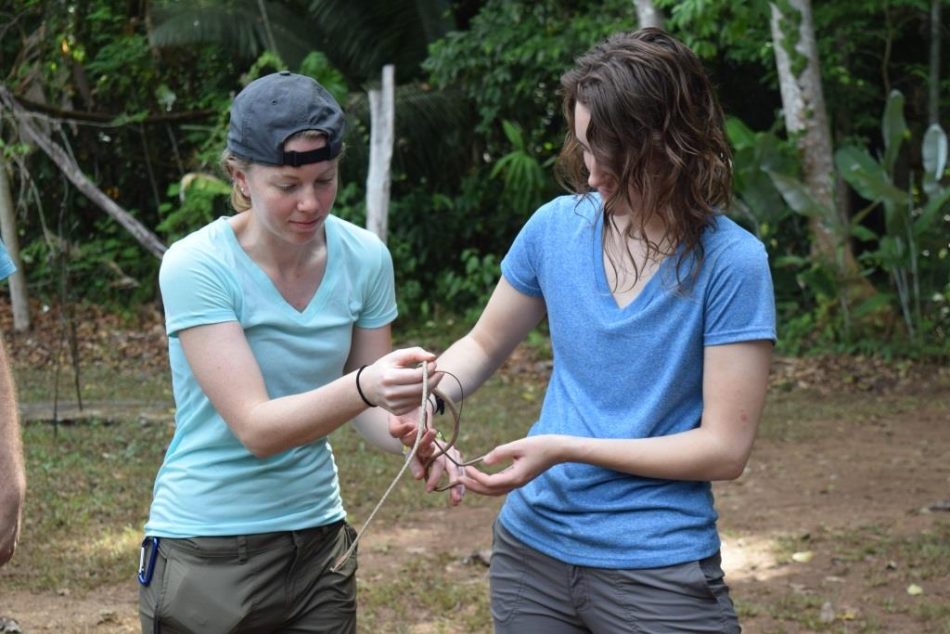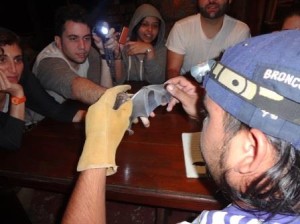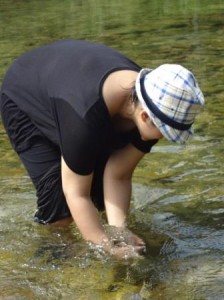Celebrating Earth Day
Students from Keene High School in Keene, New Hampshire helped BFREE staff celebrate Earth Day by planting seeds. This is Keene High School teacher, Matt Brady’s, fourth trip to Belize and to BFREE. He is joined by fellow teachers, Christine Gillis, Monica Foley, and Jodie Ballaro. Their group was scheduled to come to the field station in 2020 but was cancelled due to the pandemic. They tried again last year with no luck. This makes us especially thrilled to host them in 2022.
In a BFREE interview with Mark Canti and Jonathan Dubon on Facebook Live for Earth Day, Matt described why he wanted to return. “BFREE is a really special place for lots of reasons. I’m really happy to be here to meet young people like you. People who contribute to the ecology of the area and are conservationists. That is very important to me, the way BFREE is set up to keep young people coming in from the area. This is why we keep coming back.”
In a surprising turn of events for dry season, it began raining at 9am during the student orientation. The rain continued throughout the morning and into the afternoon, but this didn’t dampen anyone’s spirits. The students continued their orientation and tour of the facilities. After lunch, everyone divided into groups for service projects. Nine students helped with planting germinated cacao seeds in the nursery. An additional fourteen students helped at the Hicatee Conservation and Research Center where they assisted in a project to improve the exterior fence. The remainder of the students supported the long-term large mammal research project by checking camera traps on the property.
We are grateful that Matt, Christine, Monica and Jodie worked so hard to come back to BFREE this year.
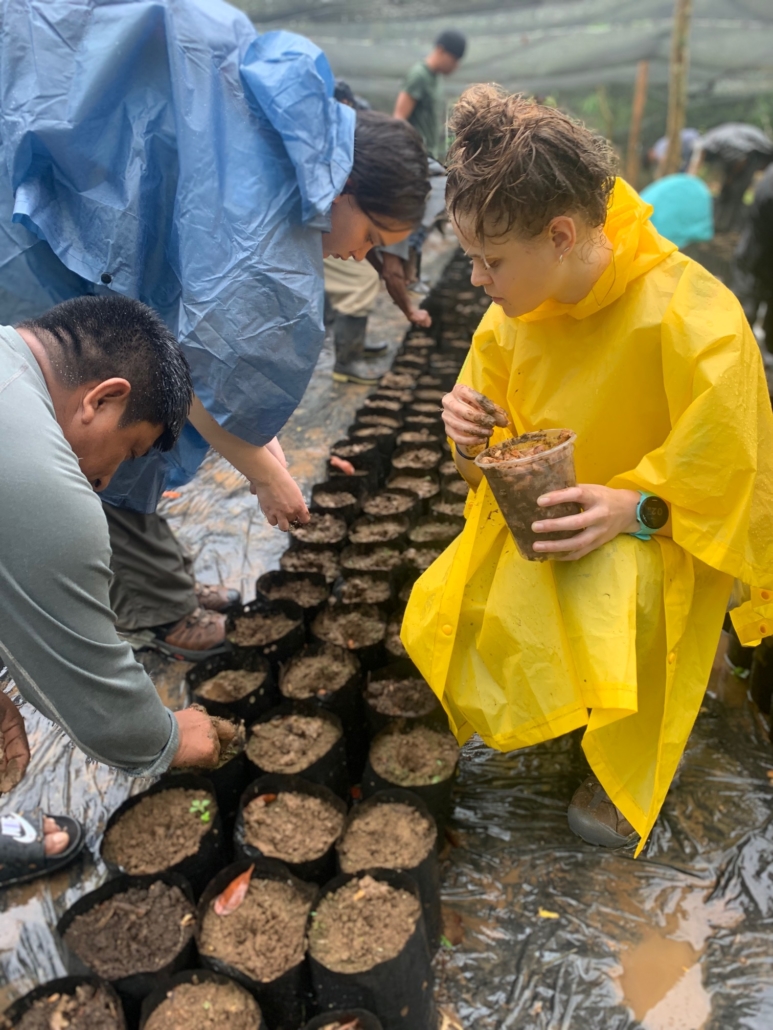
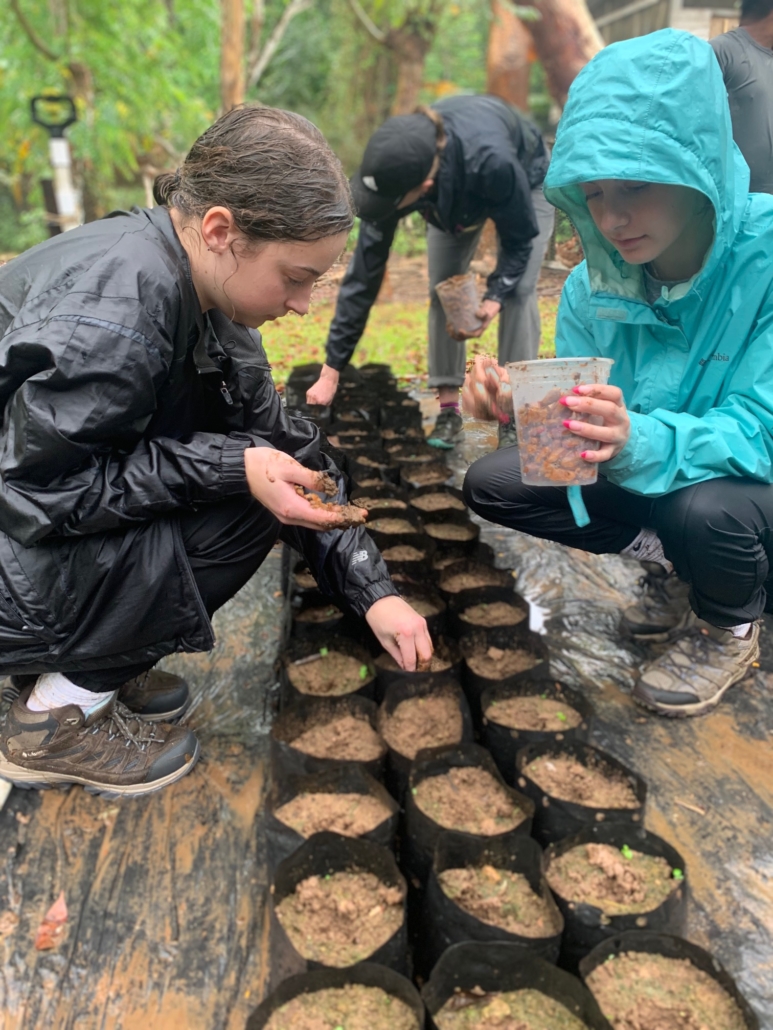
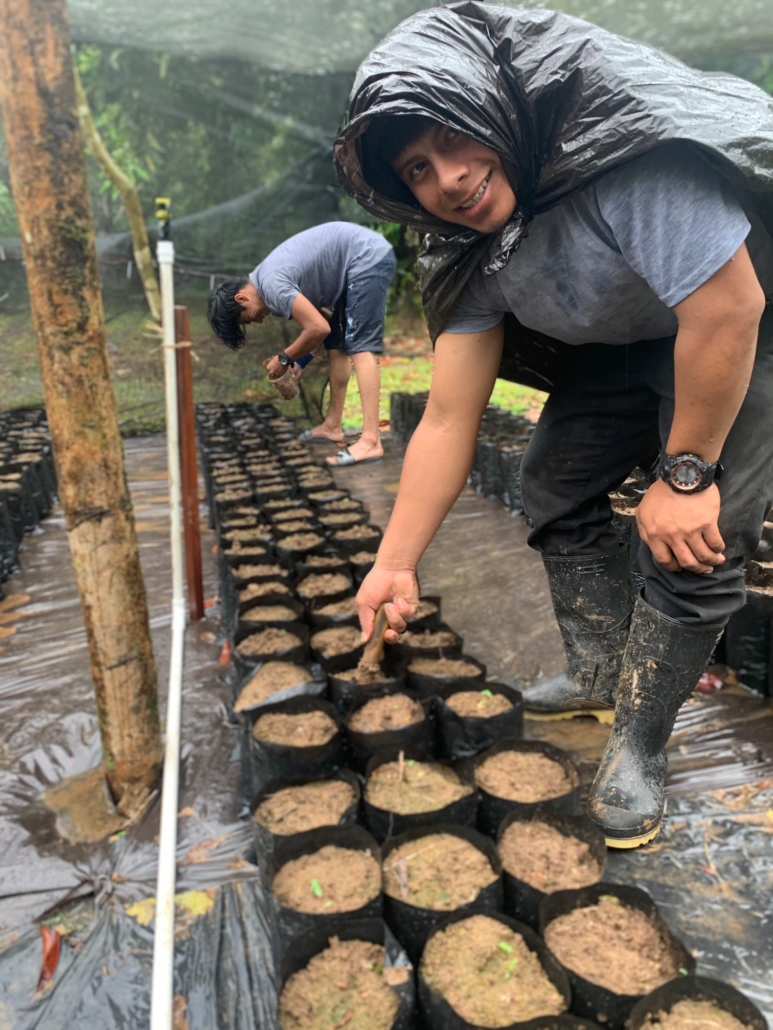
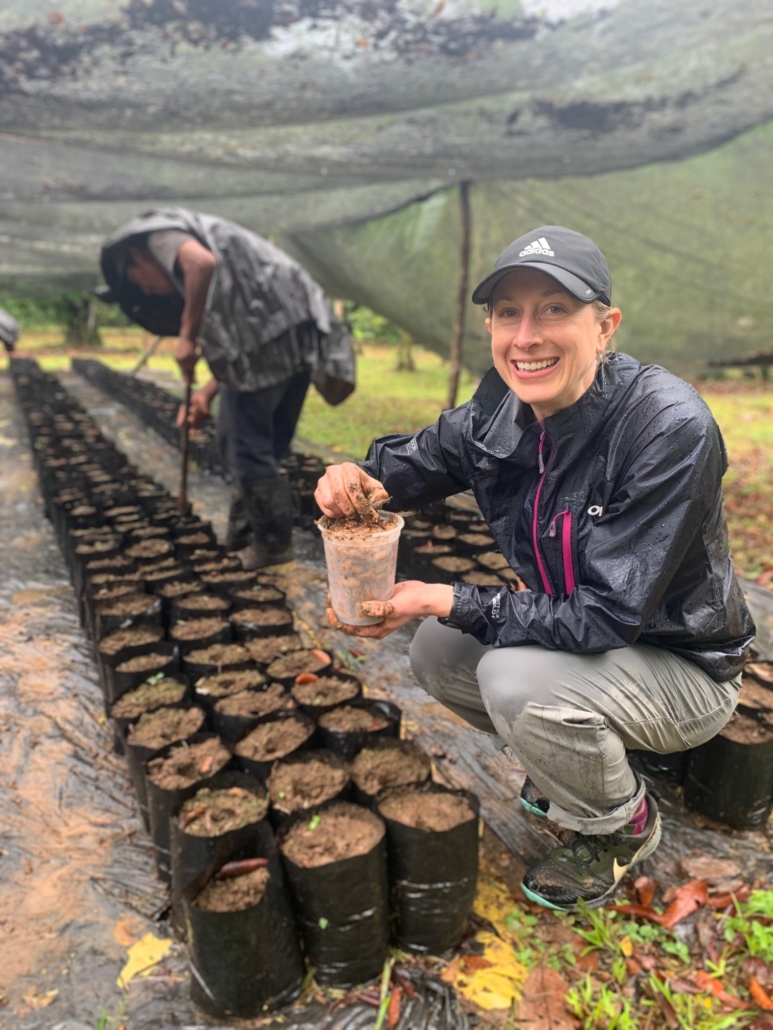
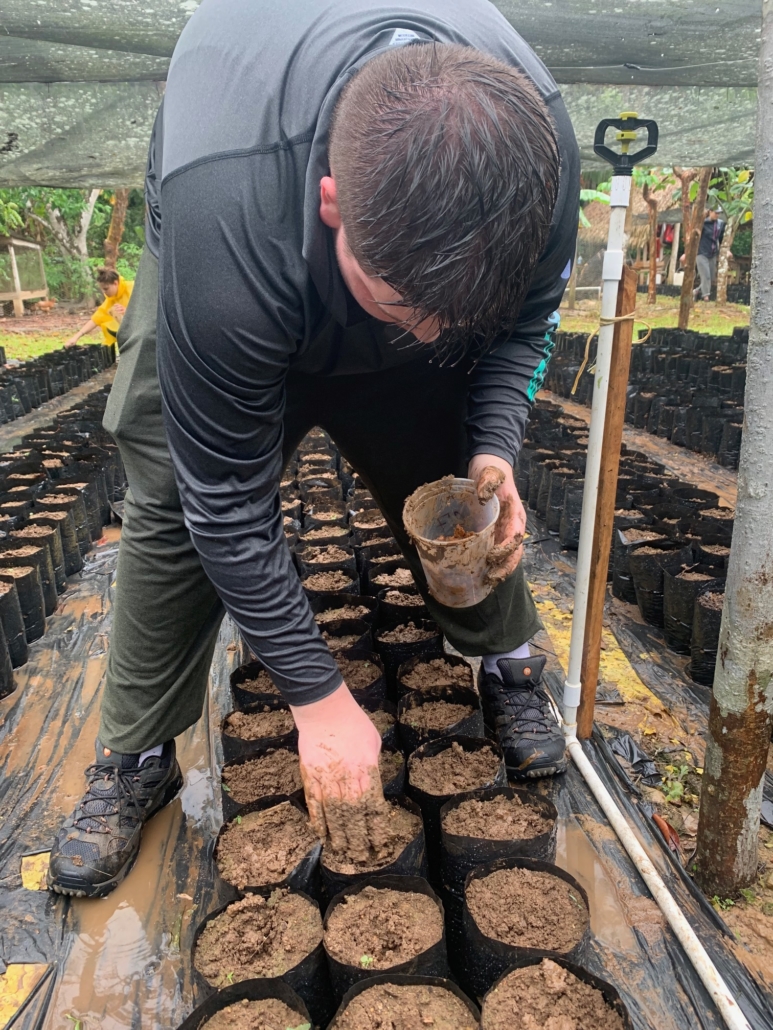
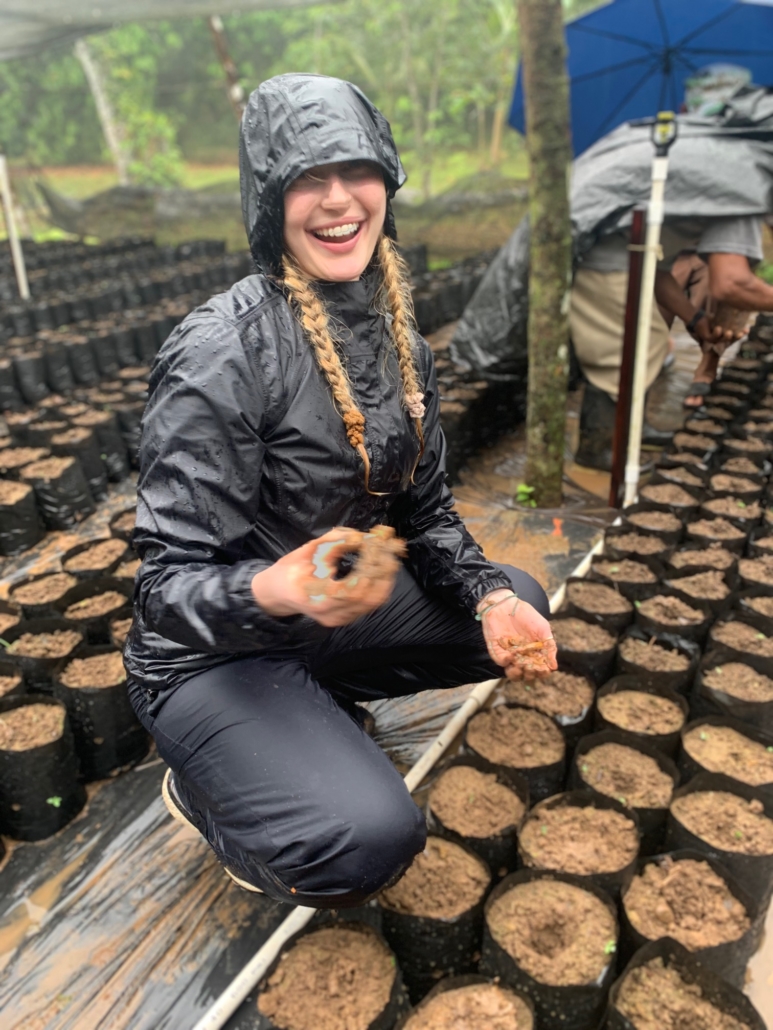
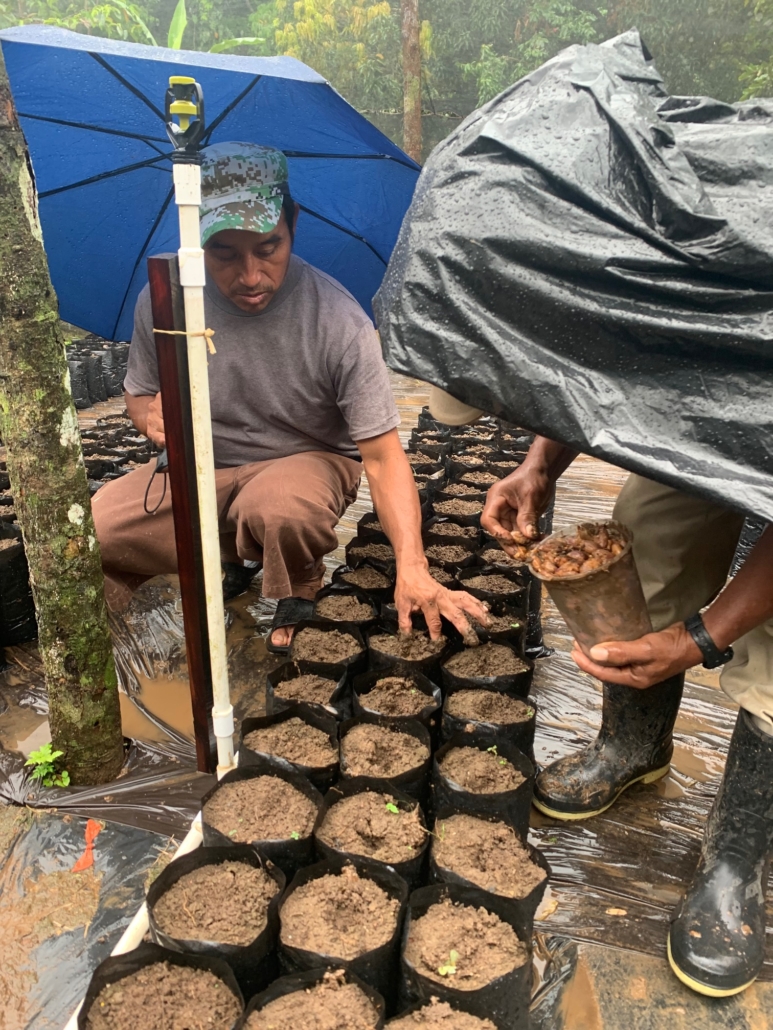
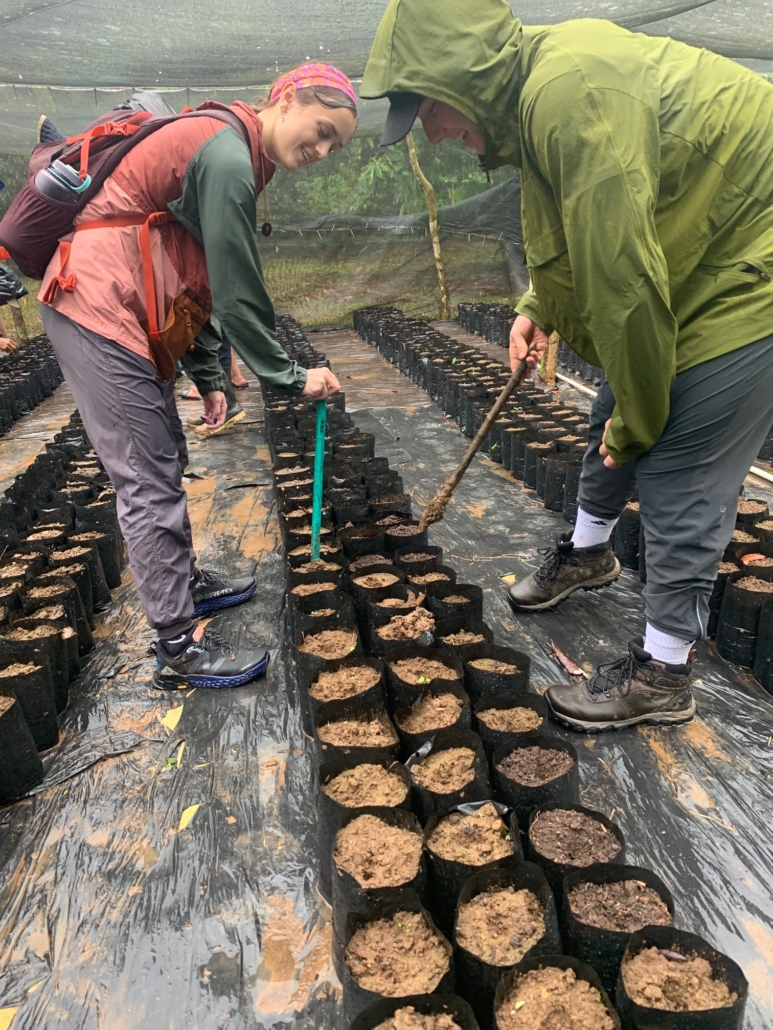

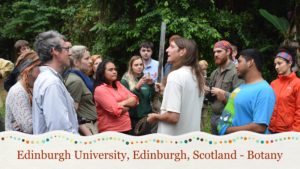
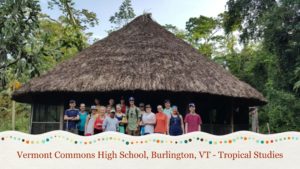
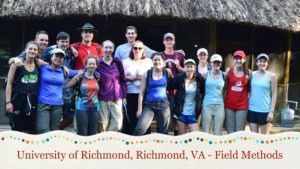
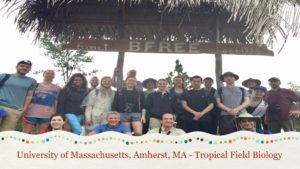
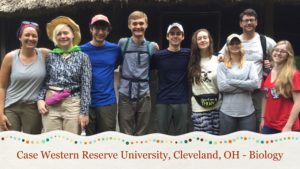
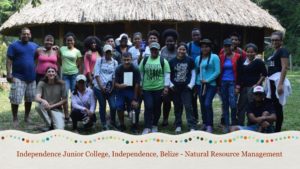
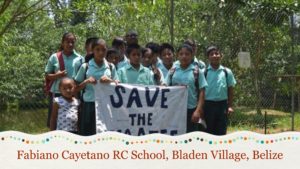
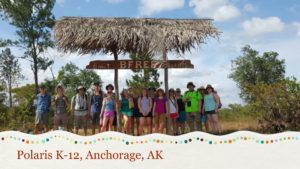
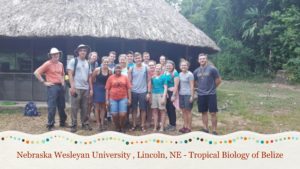
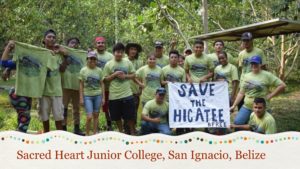
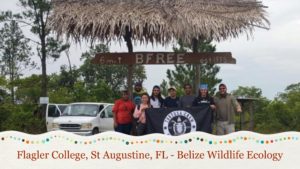
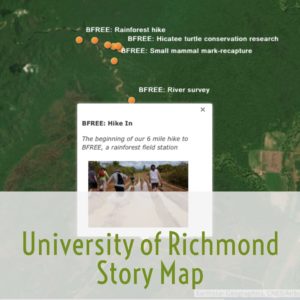
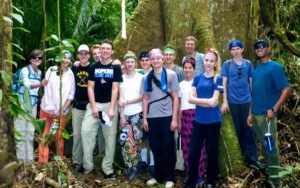
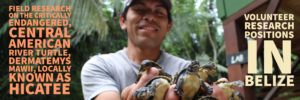
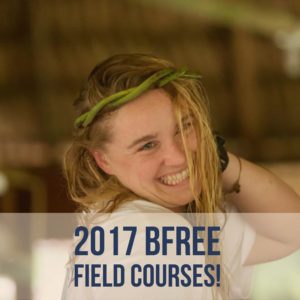
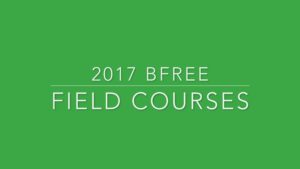
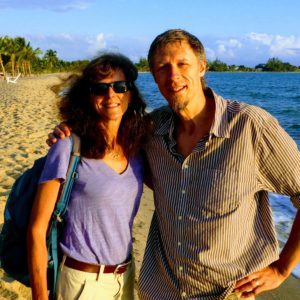
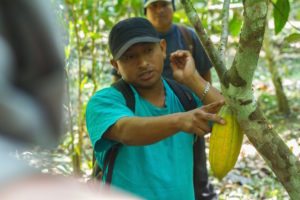
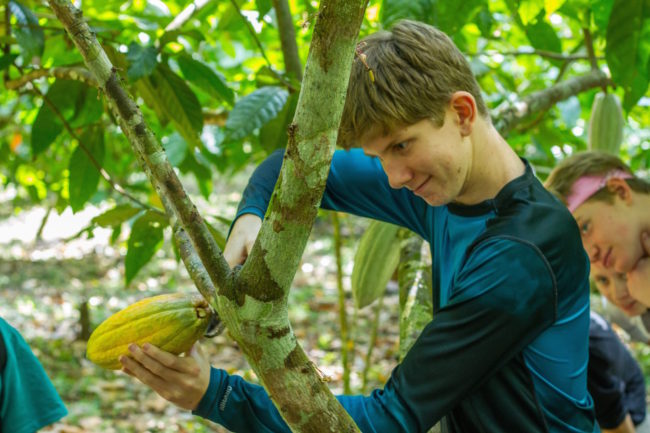
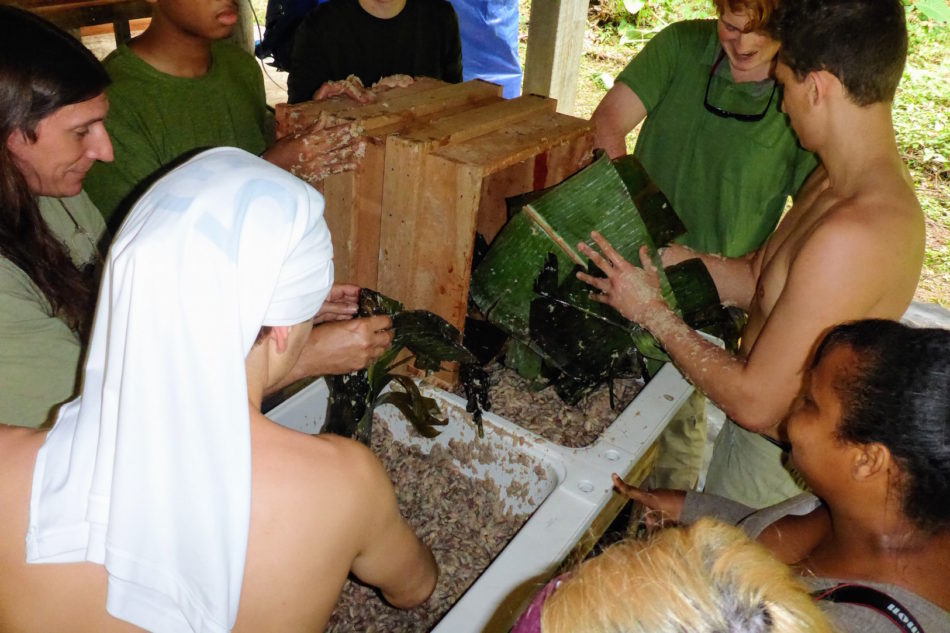
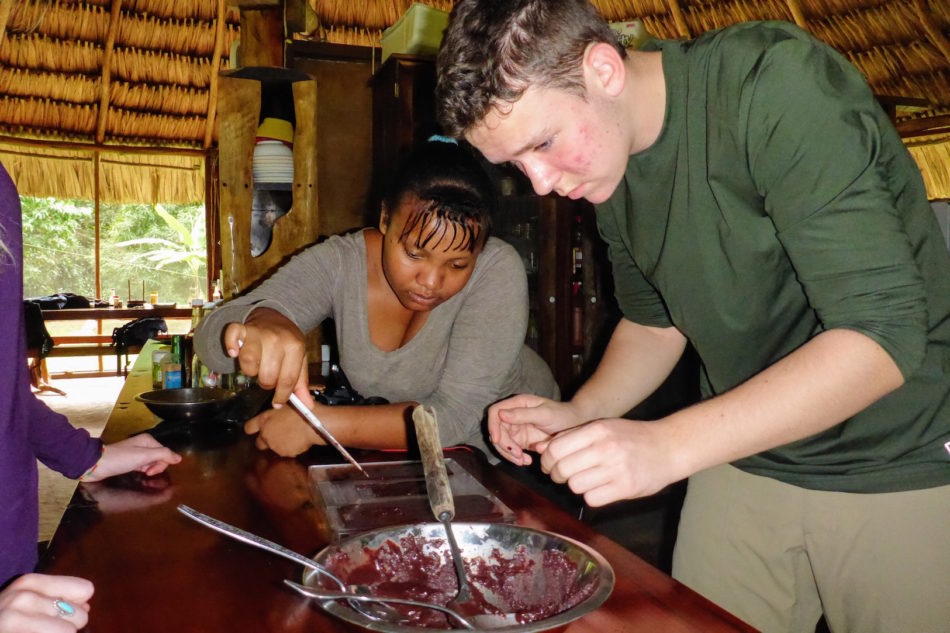
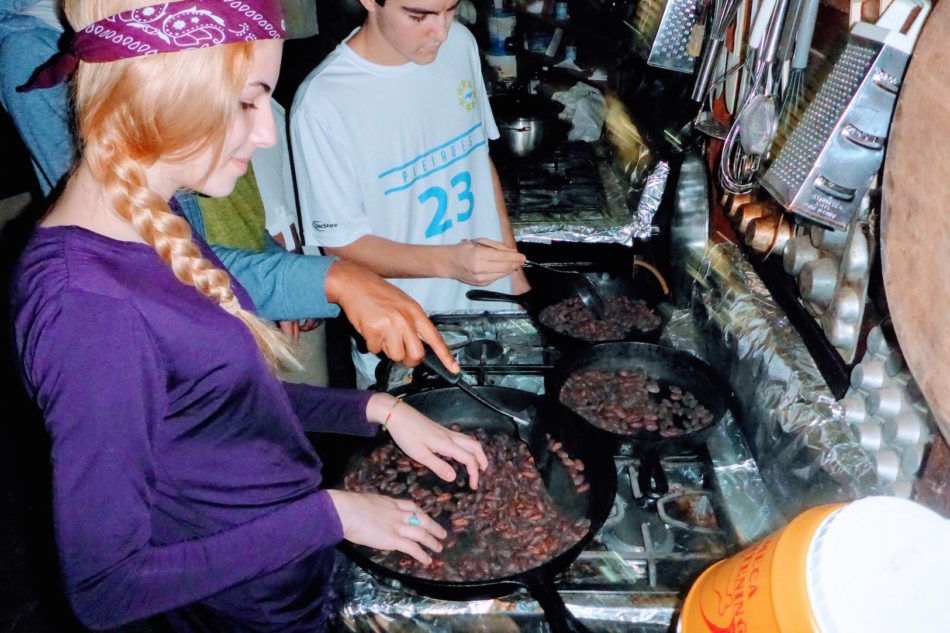
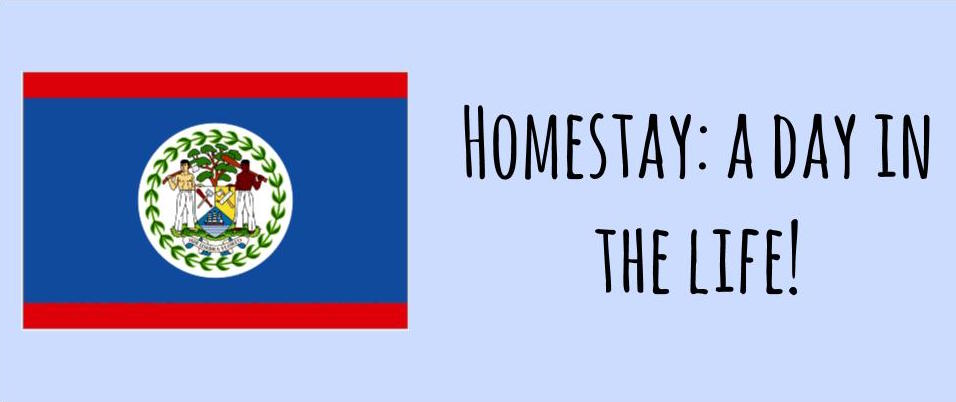
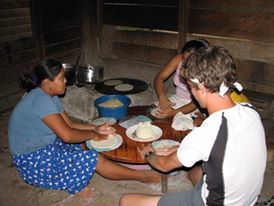 The family you will be staying with is pre-approved by the BFREE staff and each family is so excited to share their home with you. Families usually have small children who will be eager to meet you and some of the family members will speak English. Meals are eaten with your host family and you should ask to help cook – it is truly an incredible experience and a great way to get to know your family better! A typical meal consists of tortillas, chicken, beans, rice and vegetables. If you have any dietary restrictions, such as allergies or intolerances, let BFREE know and we will notify your family in advance.
The family you will be staying with is pre-approved by the BFREE staff and each family is so excited to share their home with you. Families usually have small children who will be eager to meet you and some of the family members will speak English. Meals are eaten with your host family and you should ask to help cook – it is truly an incredible experience and a great way to get to know your family better! A typical meal consists of tortillas, chicken, beans, rice and vegetables. If you have any dietary restrictions, such as allergies or intolerances, let BFREE know and we will notify your family in advance.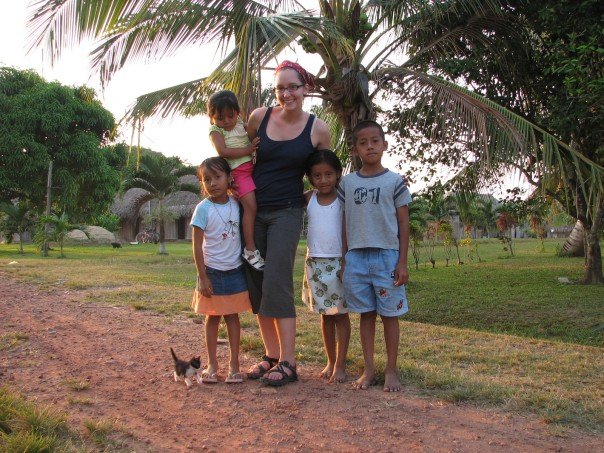 Belizeans tend to be fairly shy, especially the women, so don’t be offended if they seem hesitant to get to know you. Come prepared to tell a few stories about what your life is like and to ask a few questions about their life. You can even show pictures of your house and your family. If you would like to take a photo of your host family or a photo with the family, please make sure you ask permission first. Photos are still not very common in their culture so their approval is important. If you l
Belizeans tend to be fairly shy, especially the women, so don’t be offended if they seem hesitant to get to know you. Come prepared to tell a few stories about what your life is like and to ask a few questions about their life. You can even show pictures of your house and your family. If you would like to take a photo of your host family or a photo with the family, please make sure you ask permission first. Photos are still not very common in their culture so their approval is important. If you l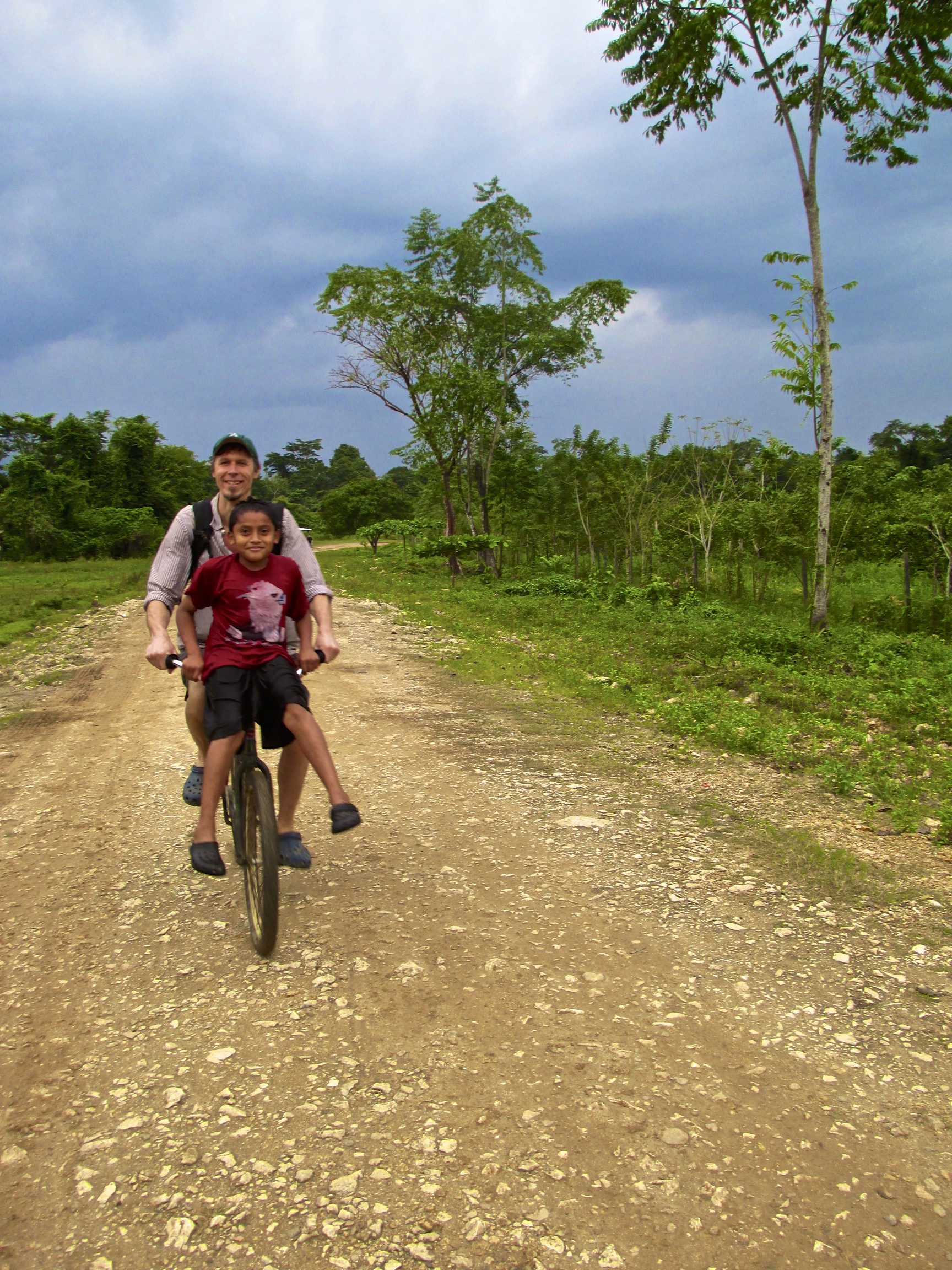

 Preparing to study abroad can be a hectic time, you’re about to jump into a new environment with a different culture and it may be your first time out of the country. Don’t sweat it, BFREE is here to help. With our ten tips for a successful trip you are bound to have an amazing and unforgettable time in Belize.
Preparing to study abroad can be a hectic time, you’re about to jump into a new environment with a different culture and it may be your first time out of the country. Don’t sweat it, BFREE is here to help. With our ten tips for a successful trip you are bound to have an amazing and unforgettable time in Belize.
